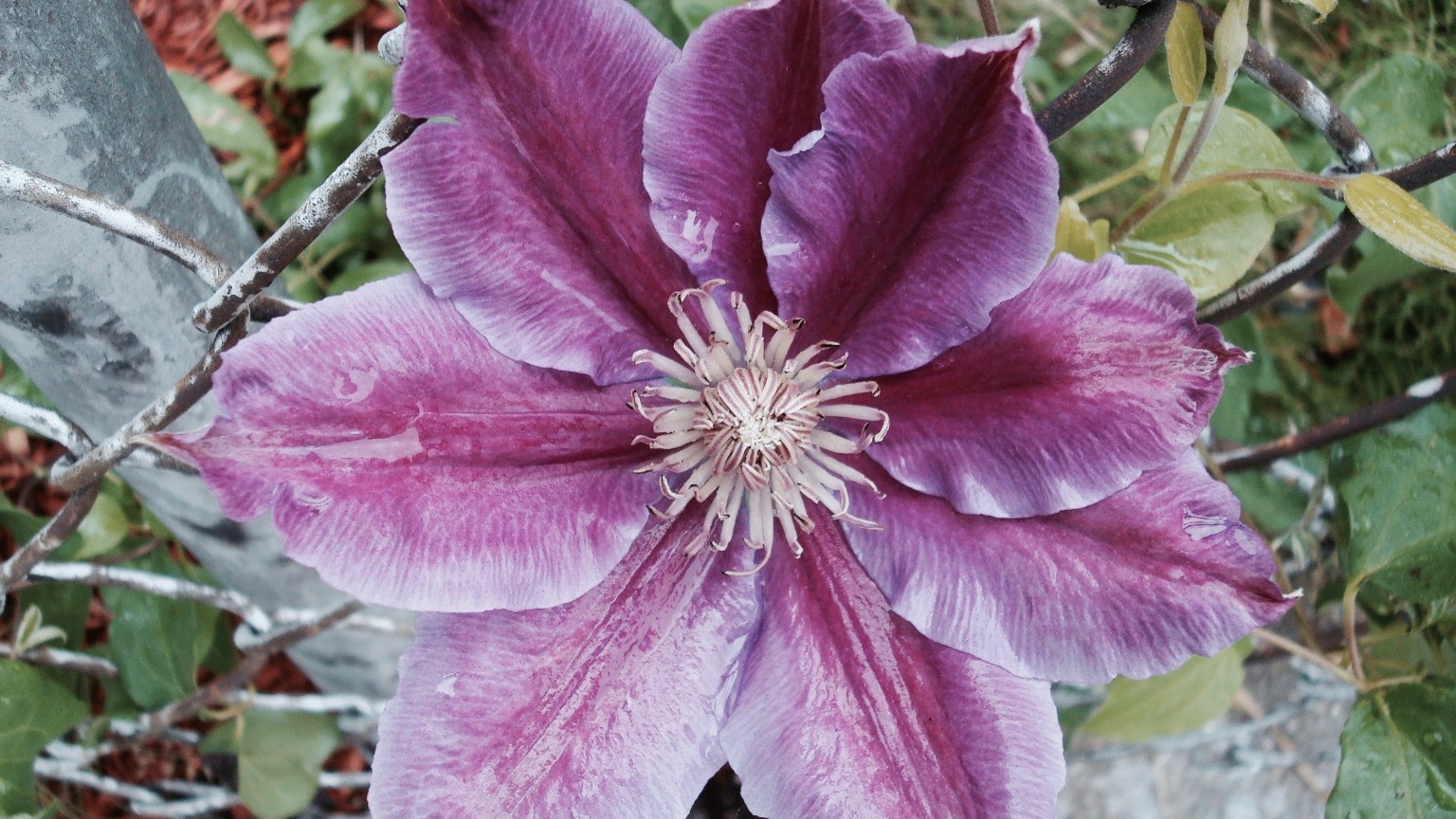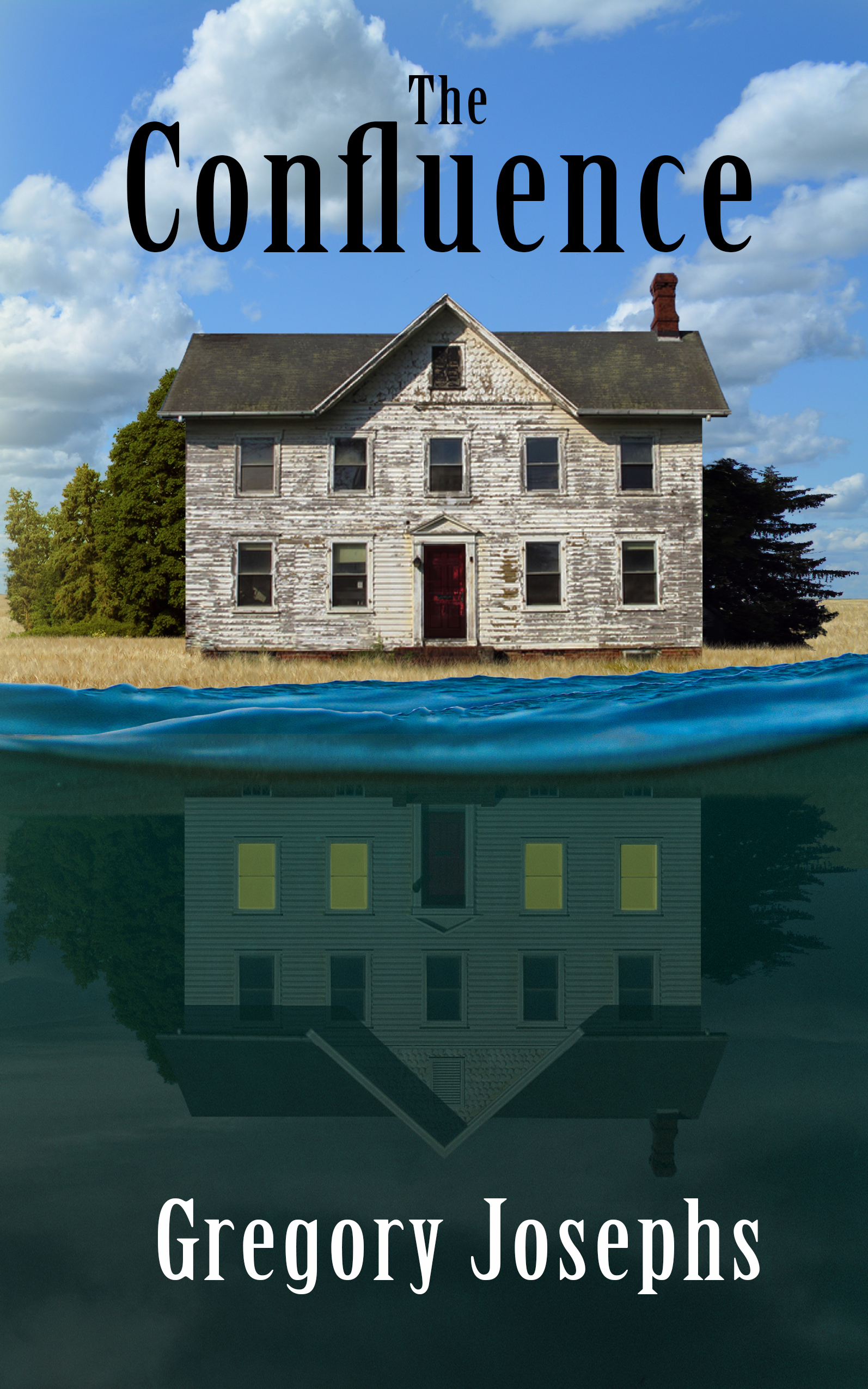
The Theft of Beauty
Last week in the city of Boston, a theft was committed. No one was physically injured, and it wasn’t reported to the police. Most would call it a victimless crime, and the perpetrator probably had good intentions. Furthermore, even if the offender could be caught, the case would never see the inside of a courtroom, because, well. . .
This incident involves a single tulip.
Yes, that’s right. I’m talking about a flower. A good friend of mine was delighted when she discovered a solitary yellow tulip pop up out of nowhere in her front yard. Clearly a leftover from a previous owner, it forced it’s way up through the soil, into the cool air of a New England spring, captured all the sunlight it could, and produced it’s single, perfect, yellow blossom.
Her surprise and delight quickly turned to a deep appreciation. Every day, seeing that unexpected yellow flower was a gift.
Then, in it’s prime, it was cut down. She walked out of the house one morning late last week to see nothing but a severed stem where the delicate flower had been.
Someone had come into her yard and snipped it!
I assure you, this is not a victimless crime. A theft of beauty, even well-intentioned, is a crime against all of us!
Clematis Dr. Ruppel
At the tender age of twenty-three I found myself living in a ramshackle apartment in a not-yet hip neighborhood of Somerville, Massachusetts. The house was old and drafty, there was mold on the ceiling of the bathroom, and if you didn’t twist the knobs while closing a door, they’d come clean off.
Still, I’d spent the previous year shacked-up in a single room with my recently-ex boyfriend, living out of a suitcase because there was no room for my things. I had space now, and was determined to turn this apartment in a home. My roommates and I painted the walls, collected the coziest free furniture we could from Craig’s List, and made the best of it.

The little flower bed at my Somerville home in 2008
When the spring rolled around, I set my sights on the outside. My parents instilled in me a love of gardening from an early age, and the neglected jungle of my new yard offered potential limited only by my dismal bank account. That is to say, quite limited. Regardless, beauty is usually worth the price, so I spent a couple weeks living off ramen noodles so I could afford a trip to the nursery.
I prepared a little bed by the front steps and filled it with bleeding heart, columbines, lavender, thyme, and pansies. There was a little trellis at the back where I planted a beautiful red clematis named Rebecca (by Raymond Evison not me). She quickly became the belle of the garden, and I was so enchanted I needed another.

Dr. Ruppel in its full glory.
That’s when I met Clematis Dr. Ruppel—a beautiful violet striped variety with enormous hand-sized flowers that I planted along the chain-link fence in the front yard. I carved out a spot in the grass, lined it with stones and covered it with mulch, and Dr. Ruppel began to weave its seductive green vines through and around the rusting metal. In short order it was blooming, and Rebecca was eclipsed. Dr. Ruppel greeted guests and passersby with warmth and color and even a little drama on our ramshackle street. Everything was great until. . .
First I noticed one flower unceremoniously snipped and absent. I shrugged it off. Then a day later another flower went missing. By the end of the week, my sweet Doctor was nothing but a collection of vines, and I was infuriated!
Here’s the thing. I was happy to share these blooms with the neighborhood by planting them along the fence, but a clematis begins to wilt almost instantly after it has been cut. Whomever took it upon themselves to clip these flowers to give to their mother, or friend, or lover, probably discovered they didn’t even survive their journey to a vase. If only they’d been left alone, they could’ve lingered on the vine for a week or two. What a horrible waste!
But Dr. Ruppel wasn’t just for the enjoyment of the neighborhood. I’d planted it first and foremost for my own pleasure—for a much-needed sense of pride in my home. Perhaps I sound like I’m being dramatic, but the loss of those flowers was awful. I’d put an effort into improving my environment, and the selfish actions of strangers foiled it all.
Dr. Ruppel continued to bloom, both that year and the next. I never got too attached to the flowers though. They’d hardly open before someone would snip them again.

Dr. Ruppel holds on for dear life at the end of its first season.
It’s hard to believe that was nearly a decade ago. I haven’t had a clematis since, but I’m really yearning for one. My husband and I own our home now, and we’re in a nicer neighborhood, but the only place to put one would be against our front porch, which touches the sidewalk on a major road. I’d like to think a new Dr. Ruppel could be safe here, but I hesitate. . .
“Look with your eyes, not your hands!”
I got used to hearing this phrase as a child. Spending my summers in Wisconsin with my grandparents, my grandmother would deliver this sage advice with gusto every time we entered a store. It didn’t matter what kind of store, and she usually followed up with “You break it, you buy it!”
Fast-forward to adulthood and I can translate this sentiment beyond fragile merchandise to the broader context of beauty and community. It is so important to me to experience beautiful things every day; the silent collaboration and respect between neighbors each improving their individual environments elevates an entire neighborhood. It creates character and charm.
It is enough for me to behold beauty without needing to possess it. I can view a work by Monet without touching the paint. I can observe a landmark without chipping off a piece to take home, or carving my name into its side.
I can lean forward, smell a tulip, and leave it be.
I wonder what would have happened if, instead of clipping Dr. Ruppel at every new blossom, everyone in my old neighborhood had planted their own. . .
When we all work together in silent collaboration we can create and appreciate an endless amount of beautiful. It is only when we try to possess it that we rob others of the experience, and ultimately cause it to whither and die before its time.
Please share your thoughts. Are you a victim of the theft of beauty? Can you appreciate without the need to possess? How have you improved your personal environment while making the world a more beautiful place? Let me know in the comments below.
As always, thank you so much for reading.
Gregory

